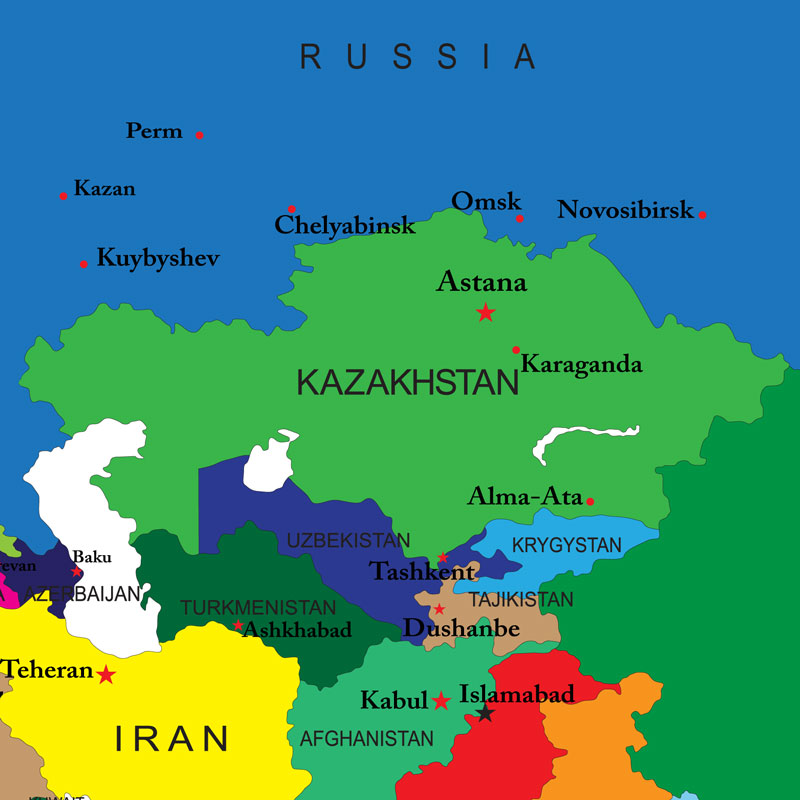The Foreign Ministers of Kazakhstan, Kyrgyzstan, Tajikistan, Turkmenistan, and Uzbekistan, the European Union’s (EU) High Representative for Foreign Affairs and Security Policy and Vice-President of the European Commission, and the European Commissioner for International Cooperation and Development met on 10 November in Samarkand, Uzbekistan, for the 13th EU-Central Asia Ministerial Meeting. During the meeting, the foreign ministers of the five Central Asian nations signed a Program on Mutual Cooperation for 2018-2019, which outlines joint efforts to boost security, trade and economic cooperation, investment, transportation, energy, tourism, and culture across the region, the Kazakh Foreign Ministry said.
The Participants of the EU-Central Asia Ministerial Meeting addressed regional and international issues of mutual interest, the security situation in and around Central Asia including Afghanistan, and the security challenges facing the European Union. In this regard they welcomed the support provided to Afghanistan by the countries of the region and the EU and called for continuing relevant common efforts, the European External Action Service said.
The Participants also focused on the potential for enhanced economic relations between the EU and the Central Asian countries. Strengthening the nexus between security, migration, climate change and economic sustainable development could contribute to stronger economies. Transparent rules and regulations, as well as increased use of e-governance solutions, are important for a favourable investment climate and private sector development in the countries of Central Asia, which will promote the region’s further sustainable economic development, the EEAS said.
It added that particular attention should be paid to enhancing Central Asia’s economic, transit and transport potential, which will require the implementation of programmes aimed at improving the investment climate, ensuring sustainable economic growth, effective border management, developing human capital through education and supporting small- and medium-sized businesses and employment.
The Foreign Ministers welcomed the European Union’s commitment to a relationship with Central Asia based on the principles of responsibility and cooperation and aimed at assisting the stable, secure and sustainable development of this region. They welcomed the European Union’s continued financial support amounting to €1 billion for programmes to be implemented in Central Asia until 2020. They also welcomed the involvement of EU Member States in regional and bilateral development programmes.
The five Foreign Ministers also welcomed the call by the EU Foreign Affairs Council for a new EU Central Asia Strategy by the end of 2019, which should be based on mutual interests, common approaches and values of the EU and countries of the region.




